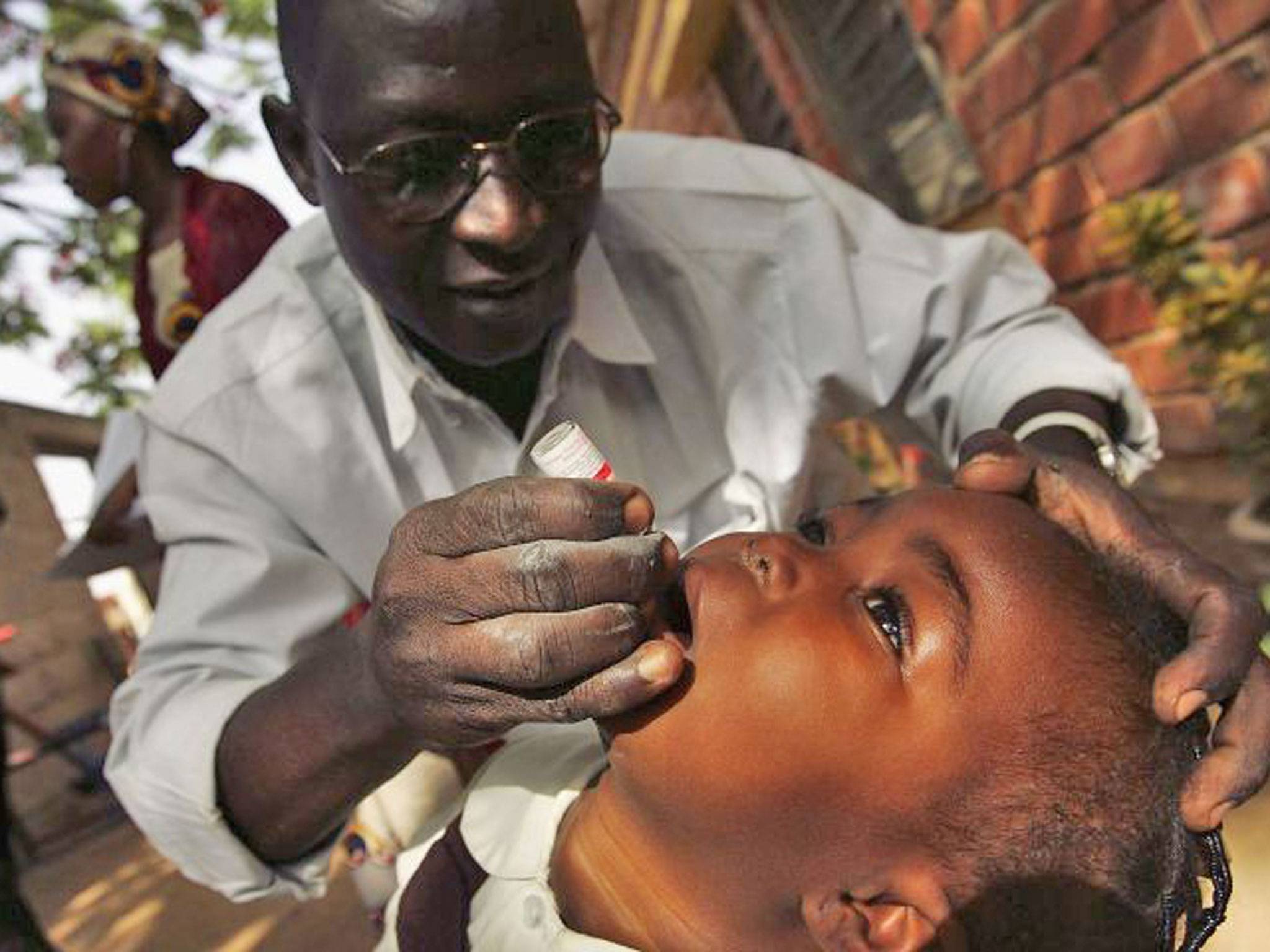The removal on September 25, 2015 by the World Health Organization (WHO) of Nigeria from the list of Polio endemic countries and the formal conveyance of that decision on October 26, 2015 is a fitting and well deserved tribute to the commitment of former President Goodluck Jonathan to polio eradication in Nigeria and the rest of the world.
Polio virus transmission in Nigeria was interrupted in July 2014, the last case having been seen on July 24, 2014.
Repeatedly at various fora and on different occasions, and beginning from 2012, President Jonathan told Nigerians and indeed the whole world that he was sure that he would not ‘handover polio’ to the next administration that would be inaugurated on May 29, 2015.
It was in 2012, that President Jonathan constituted and inaugurated his Presidential Task Force on Polio Eradication with the Minister of State for Health as chairman. It was in that same year that President Jonathan doubled the Federal Government’s annual funding of polio eradication activities to 4.7 billion naira. That same year, a new robust national polio eradication plan was developed with an accountability framework. All state governors and the minister of the FCTA were encouraged to recommit to the ‘Abuja Commitment’ and to personally lead the quarterly Supplementary Immunization Days ( SIDs) in their respective states.
In May 2013, the transmission of wild polio virus type 3 (WPV 3) was interrupted in Nigeria leaving only the type 1 polio virus as the only circulating type in Nigeria.
The quality of polio campaign in Nigeria improved rapidly and steadily such that by October 2014, 86% of local government areas had attained at least 80% immunization coverage.
President Jonathan monitored progress by presiding over quarterly review meetings to which governors and local government chairmen of polio affected areas were invited.
Routine immunization was strengthened and in 2013, a new National Routine Immunization Strategic Plan was launched. From 2012, the Administration of Goodluck Jonathan ensured that all the money budgeted in any one year for immunization activities were released enbloc in the first quarterly release.
President Jonathan was ably supported by his dynamic Minister of Health, Professor Onyebuchi Chukwu, who is incidentally a committed rotarian. Two Nigeria Polio Summits were held in collaboration with Rotary International during President Jonathan’s tenure. The last one, which focused on sustaining the End Game Strategy Tempo took place in April 2014 in Abuja.
It was during President Jonathan’s tenure that many innovative approaches to polio eradication were initiated including the now world famous involvement of traditional rulers and faith-based organizations. In this, the Sultan of Sokoto and the President of the Christian Association of Nigeria (CAN) played key roles.
The president was also able to attract and galvanize increased international support especially from the WHO, UNICEF, the World Bank, Rotary International, the Bill and Melinda Gates Foundation, the Dangote Foundation, the Japanese International Cooperation Agency (JICA), and GAVI amongst several other organizations.
Credit must also go the National Primary Health Care Development Agency, the focal implementing agency for immunization, for the hardwork, diligence, focus and innovative measures especially the establishment of the National Polio Emergency Operations Centre.
The personal sacrifice of the vaccinators, some of whom unfortunately lost their lives in the process, cannot be forgotten.
The Jonathan Administration got Nigeria to be certified Guinea Worm Disease free in 2013; successfully fought Ebola Virus Disease to the admiration of the world and ensured that Nigeria was declared free of Ebola virus within 3 months of the outbreak in 2014; and made Nigeria to become non-endemic for polio. The commitment of that administration to disease control has never been in doubt. Indeed the Nigeria Centre for Disease Control (NCDC) was established by the Jonathan Administration in 2010.







